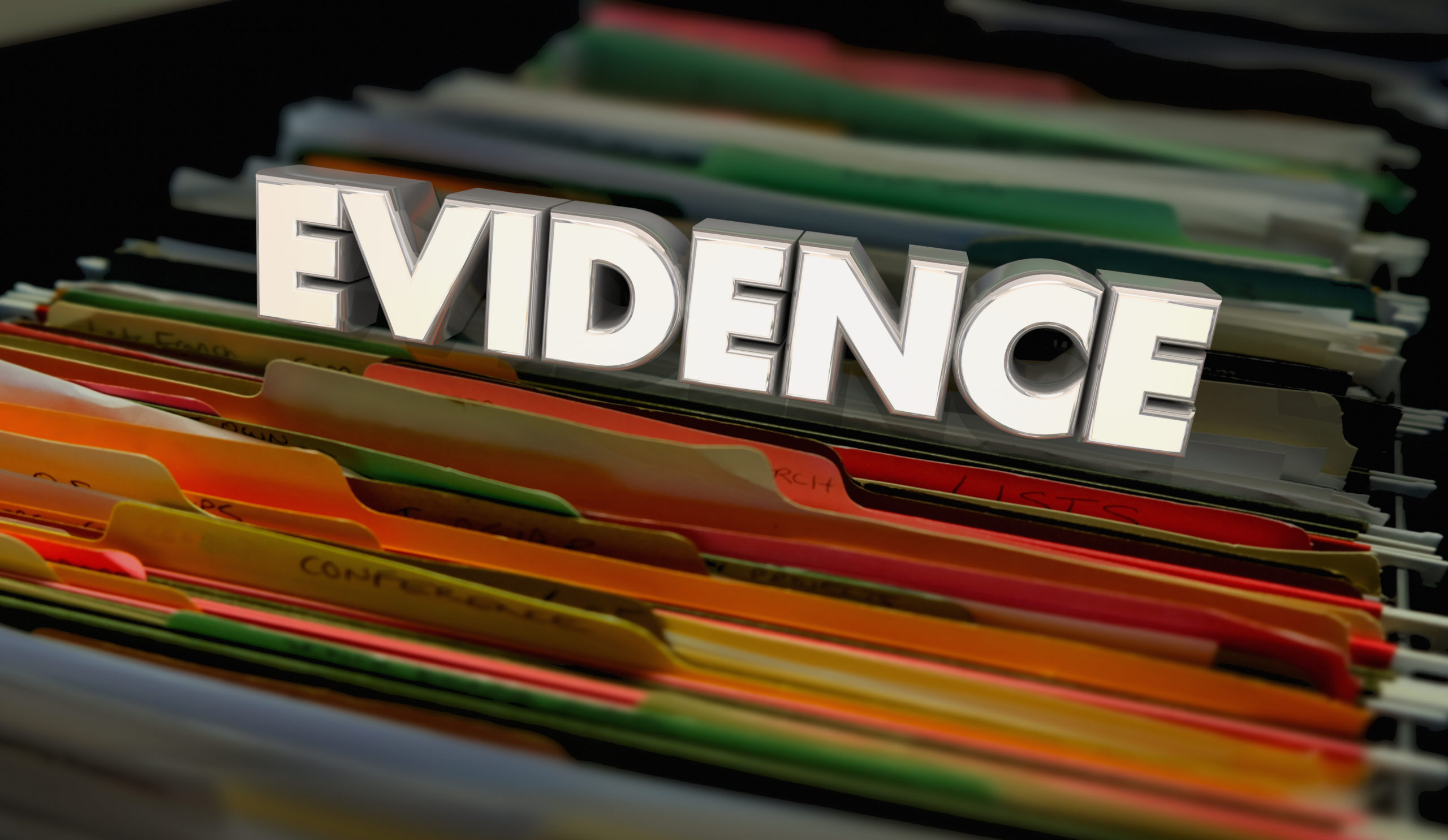Cerys Laskey, a solicitor at Berry Smith, considers the serious implications of failing to challenge the opposing party’s evidence in Court proceedings.
The Supreme Court has recently handed down its much-awaited judgment in the case of Griffiths v TUI [2023] UKSC 48.
The dispute arose after Mr Griffiths contracted a serious stomach illness whilst on an all-inclusive holiday in Turkey, which he’d booked with Tui. He claimed that his illness had been caused by the consumption of contaminated food or drink provided at the resort.
Mr Griffiths sought to claim damages in the sum of £29,000. He relied on the expert evidence of a microbiologist, Professor Pennington, who said that it was more likely than not that the illness was caused by the food provided by the resort.
Tui’s legal representatives did raise formal Part 35 questions of the report but did little else to challenge the report. At the trial, they criticised the evidence on a basis not set out in the Part 35 questions, and failed to cross-examine Professor Pennington, nor did they produce any expert evidence of their own to put forward another potential cause for Mr Griffiths’ illness, despite having permission to do so.
The trial judge concluded that Professor Pennington had failed to substantiate the conclusions reached in his report, and the claim was dismissed.
Mr Griffiths’ successfully appealed the decision in the High Court. This was then appealed by Tui, who were also successful; the Court of Appeal found that the original judge was entitled to reject to expert evidence of Professor Pennington, and the claim was once again dismissed.
However, following a further appeal by Mr Griffiths, the Supreme Court unanimously rejected the Court of Appeal’s approach and concluded that Mr Griffiths’ had not received a fair trial.
Decision
In his judgment, Lord Hodge confirmed that:
- A party is required to challenge evidence and give the expert an opportunity to respond (via cross-examination) if they argue that the evidence in question should not be accepted by the Court.
- Cross-examination allows the witness to clarify and explain their evidence. By failing to cross-examine Professor Pennington, Tui had acted unfairly.
- Further, by accepting Tui’s unsubstantiated criticism of Professor Pennington’s report, the trial judge had acted unfairly.
Ultimately, the Supreme Court concluded that Mr Griffiths had sufficiently established his case. In failing to challenge the evidence appropriately, Tui had not done enough to have this evidence disregarded.
Conclusion
The case is therefore an important reminder that parties in all civil cases should think very carefully about when and how they wish to challenge the other party’s expert report or witness evidence.
Even if it is assumed that an expert report is not up to scratch or can be discredited, you must take steps to challenge it, giving thought to how this would be done at the trial. This may be difficult with increasing pressure on the parties in relation to costs management.
Failing to sufficiently challenge the evidence means it must be accepted by the court for there to be a fair trial and could have serious implications on the strength and success of a claim or defence.
Should you find yourself in a position where you need advice on conducting court proceedings, Berry Smith’s Dispute Resolution Team can assist.
Please contact us on 029 2034 5511 or disputeresolution@berrysmith.com

